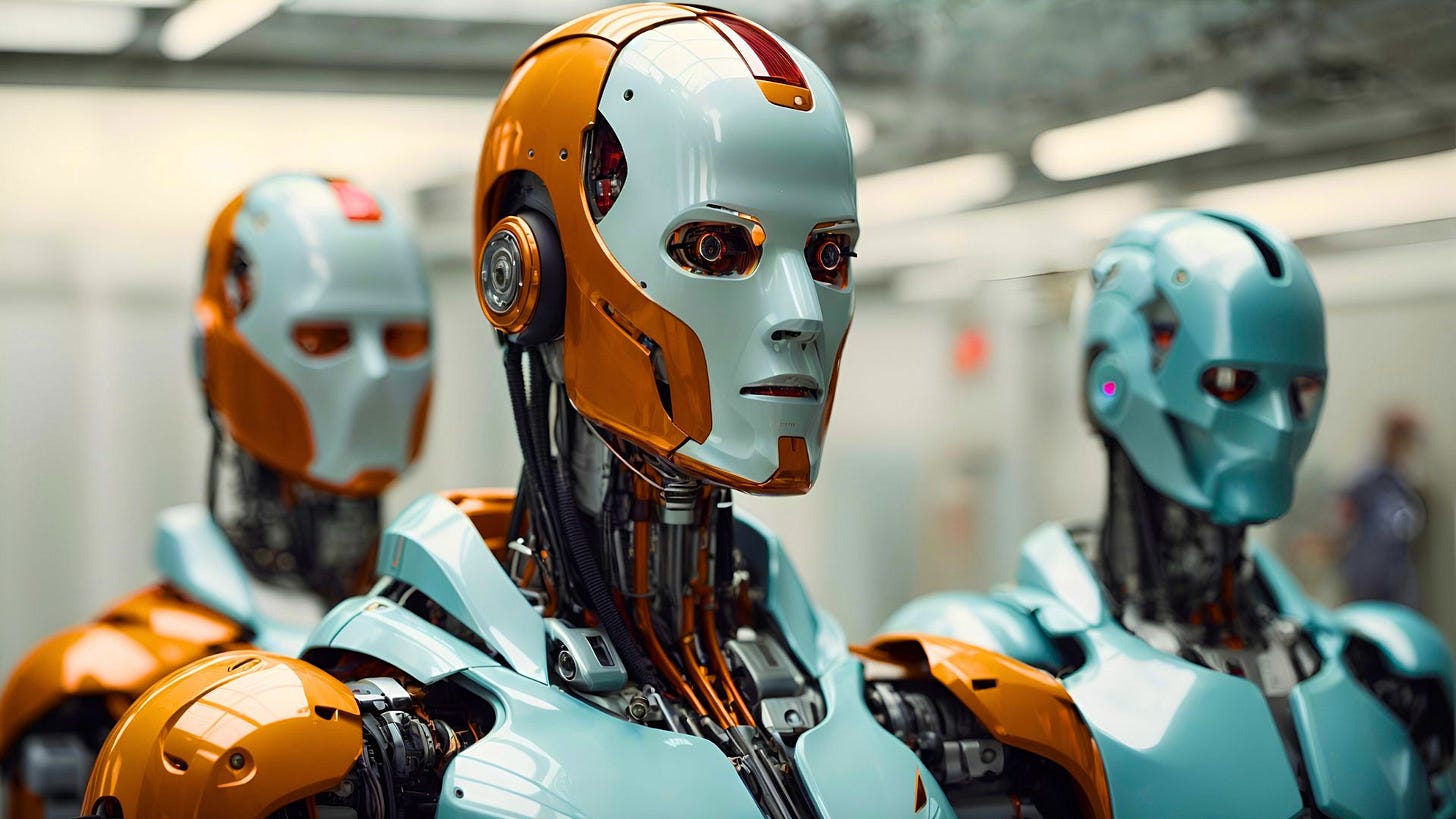The Automation Fallacy: Why Free Markets Turn Technological Progress into Prosperity
"Among the most viable of all economic delusions is the belief that machines on net balance create unemployment."
This opening line from Henry Hazlitt's masterful chapter on automation remains as relevant today as when it was written decades ago. The fear that technological progress destroys jobs has proved remarkably resilient to both logical refutation and historical evidence.
Why does this economic fallacy persist? Perhaps because its surface-level logic seems so compelling: If a machine can do the work of ten people, then nine people must lose their jobs. Case closed.
Except, of course, it isn't closed at all. The historical record demonstrates precisely the opposite. Let's explore why the conventional wisdom about automation gets it so wrong—and what this means for our economic future.
The Luddite Legacy: A History of Misguided Fear
The pattern begins long before our modern anxieties about artificial intelligence and robots. In the early 19th century, English textile workers known as Luddites destroyed stocking frames and other machinery they believed threatened their livelihoods. The British government eventually had to deploy military force to quell the riots, and some rioters were executed or transported to penal colonies for their actions.



